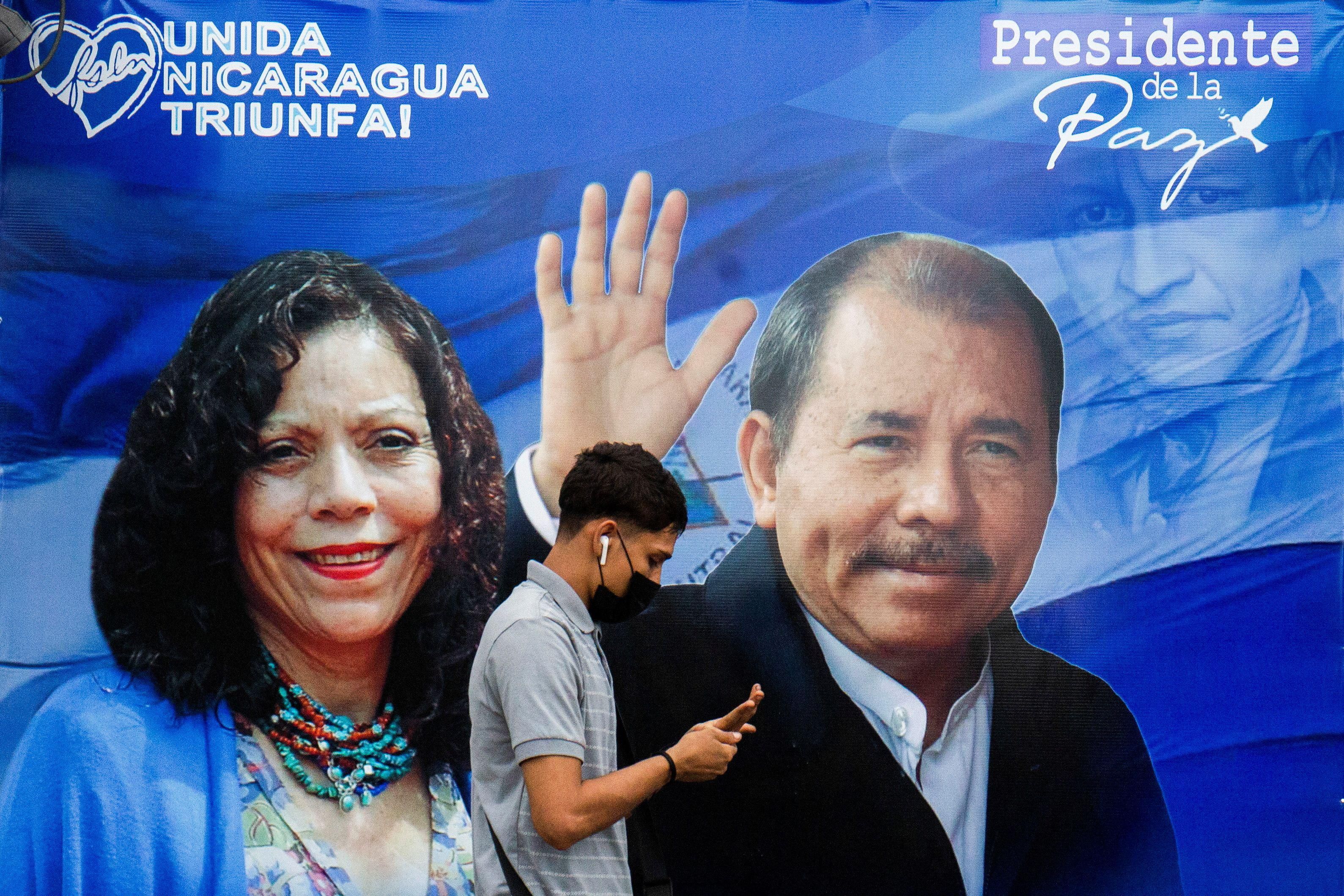Nicaragua's fake vote. At the tail end of this week Nicaragua will hold a presidential "election." We're putting that in quotation marks because President Daniel Ortega, who has ruled the Central American country with a tight fist since 2011, has eliminated any serious (and even unserious) competition. He controls the electoral authorities, and since June, his goons have arrested at least a dozen prominent opposition figures. But things haven't been smooth sailing for Ortega, who led the left-wing Sandinistas during Nicaragua's bloody civil war in the 1980s and has since reinvented himself as a business-friendly devout Catholic. Back in 2018 a botched social security reform prompted protests that quickly spiraled into a challenge to his authoritarian rule. Although he crushed the uprising with brute force, rumblings of discontent continue. What's more, the US and other partners in the region are already readying a new round of sanctions in response to what will certainly be a sham vote on Sunday.
More from GZERO Media
Venezuelan opposition leader María Corina Machado threatens the country's dictatorial regime like no opposition leader before her, and that's why she's in hiding. How does she keep the pressure on Nicolás Maduro's administration from her hideout? Ian Bremmer explains.
South Korea’s Constitutional Court on Friday voted unanimously to oust impeached President Yoon Suk-yeol over his decision to declare martial law in December. Supporters of Yoon who gathered near the presidential residence in Seoul reportedly cried out in disappointment as the court’s 8-0 decision was announced. Others cheered the ruling. The center-right leader is now the second South Korean president to be ousted.
Stocks have plummeted, layoffs have begun, and confusion has metastasized about the bizarre method the United States used to calculate its tariff formula. But Donald Trump says it’s “going very well."
The second largest party in South Africa’s coalition, the business-friendly Democratic Alliance, launched a legal challenge on Thursday to block a 0.5% VAT increase in the country’s new budget, raising concerns that the fragile government could collapse.
As we wrote in February, Turkey’s president, Recep Tayyip Erdogan, has big plans for Syria. Erdogan’s government was a crucial backer of the HTS militia, an Islamist rebel group that ousted longtime Syrian strongman Bashar Assad in December, and it now wants Turkey’s military to take over some air bases on Syrian territory in exchange for Turkish training of Syria’s new army.
Remember the TikTok ban? The new deadline President Donald Trump set for the app to find an American buyer or be banned from US app stores, midnight Saturday, is rapidly approaching.
Overnight, the US moved to having the world’s highest tariffs by a long margin. Here is Ian Bremmer's Quick Take on the near and long-term fallout
Have you stayed atop GZERO’s news coverage this week? Here's your chance to prove it.
National Security Advisor Mike Waltz looks on as he sits next to US Defense Secretary Pete Hegseth in the Oval Office on March 13, 2025.
Someone needs to take National Security Advisor Michael Waltz’s phone out of his hand.
